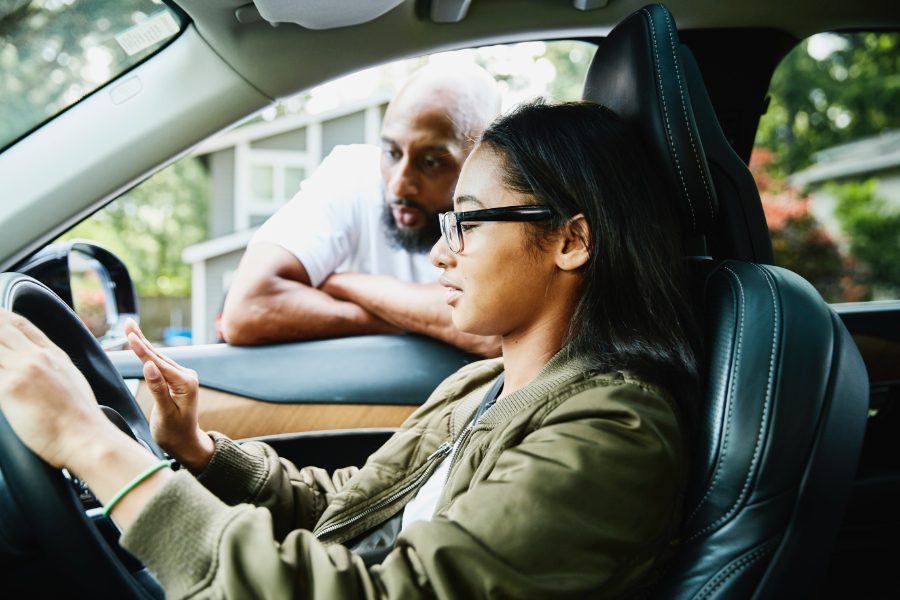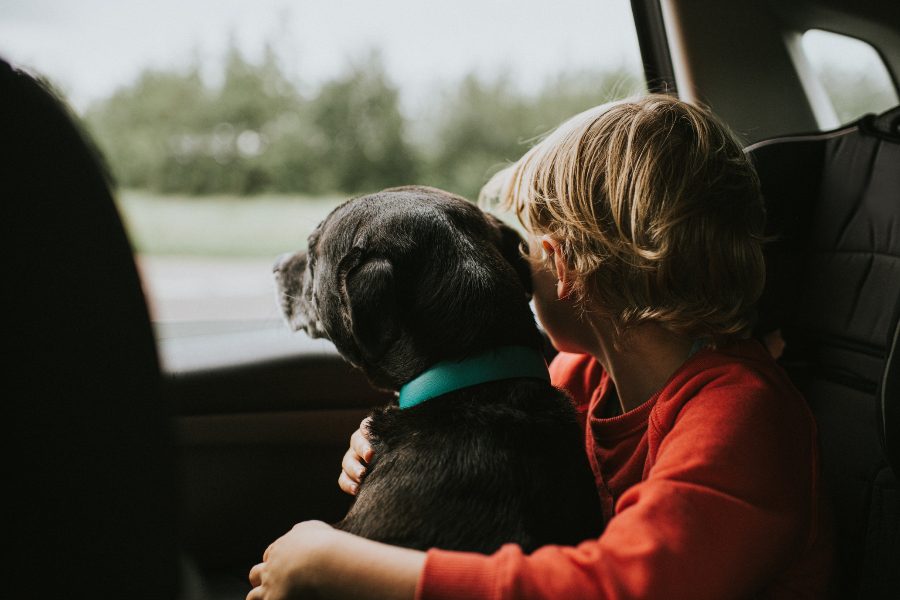Car Insurance
Cover your liability. Protect what drives you.

Cover your liability. Protect what drives you.


If you drive a car, you need insurance.
Auto insurance is a contract between a driver and an insurance carrier that can help cover the cost of damage to or loss of your car because of an accident, theft or another damaging event, and it’s a necessity for what is likely one of your largest assets.
While most drivers are only required to carry basic personal auto liability coverage to drive legally in the U.S., those looking to protect their car and limit their liability fully would be wise to carry comprehensive coverage.

Because we’re driven by values. Employee owned and customer inspired, we’re accountable to our clients.
With the freedom to do what’s right, right now, our approach to finding solutions for car insurance is more individual and less institutional. So we work hard to understand your priorities and strive to continually exceed your expectations.
As a privately held company, we put our customers first, advocating for you in the insurance marketplace to offer products based on your evolving needs. By committing to transparency while demonstrating authenticity, we’re a place that leads with values so value leads.

Regardless of your auto insurance needs and unique risk exposure, Higginbotham has you covered.
In most cases, auto insurance from Higginbotham is available in either a six-month or one-year term and can be tailored to cover even the most unique risk exposures.
Give one of our car insurance specialists a call today to find out how Higginbotham can keep you driving forward.
A car insurance policy is designed to help cover the property damage and bodily injury liability created by driving.
If you’re involved in an auto accident, you can submit an auto claim to your insurance carrier to help pay for property damage or injuries that resulted. Keep reading for some of the most popular vehicle insurance coverage options.

Higginbotham’s team did an amazing job handling my claim after I was involved in an incident that resulted in damage to my vehicle. Operable words: prompt, professional, competent, thorough. The process was seamless, even though the incident was complex.
If you need help deciding which coverages make sense for your situation, these insights are for you. While your needs may differ from the driver down the street, you may want to consider the following options.
All drivers in the United States are legally required to carry liability coverage on every car, truck, motorcycle or other vehicle you operate on public roads. Though insurance laws vary by state, these are some of the more common mandatory auto coverages.
Bodily injury liability helps pay for expenses related to an injury or death suffered by a third party from an accident caused by the insured party. This insurance can help with the cost of medical expenses, legal fees, settlements and more in the aftermath of an at-fault accident.
This coverage is designed to help pay to repair or replace property owned by a third party that was damaged or destroyed due to an accident caused by the insured party. Property damage liability coverage can help with the cost of repairing or replacing another driver’s car and other property (i.e., buildings, fences, utility poles, etc.) damaged in an at-fault accident.
Many states also require drivers to carry liability coverage for medical expenses incurred by a third party from an accident caused by the insured. If you’re involved in an at-fault accident with a pedestrian or another vehicle, this coverage can help pay for medical costs, lost wages and other related expenses.
Required by law in 22 states, uninsured motorist insurance can help pay for damage caused by an uninsured driver or sustained in a hit-and-run incident. In many cases, these policies can also help policyholders with medical costs if they’re hit by an uninsured motorist or hit-and-run driver while walking or riding a bicycle.
Regardless of whether your state has a law requiring drivers to carry this coverage, uninsured motorist protection is always a good idea.
If you’re shopping for auto insurance, it’s wise to consider your risk exposure in selecting coverage limits. While the liability insurance coverage requirements set by state laws are a good starting point, they may not be enough.
Carefully considering both the per-accident and per-person limits before placing coverage is the best way to avoid the risk of a large out-of-pocket expense.
Outside of the liability auto insurance protection required by law, there are several other voluntary car insurance options available to drivers looking to mitigate their risk. Here’s some popular voluntary auto insurance options designed to protect your property.
Auto collision covers damage to, or loss of, an insured party’s vehicle caused by an at-fault accident. If your vehicle is involved in an at-fault crash with another vehicle, road hazard or another object, your collision coverage can help pay to repair or replace it.
Unlike collision, which protects against damage caused by accidents, comprehensive car insurance protects against damage from natural disasters, vandalism, theft and other perils. If your car suffers hail damage, is hit by a falling rock, suffers flood damage or is stolen, your comprehensive insurance can help pay to repair or replace it.
While most comprehensive policies include some degree of coverage for rock chips, cracked windshields and other glass damage, it may still be wise to consider supplemental glass coverage to avoid paying a deductible. This coverage can help pay to repair or replace a chipped windshield, broken window, sunroof or another glass component on your vehicle, often with no deductible required.
If you’ve been shopping for insurance for your vehicle, you may have heard the term “gap coverage.”
Also commonly referred to as “new car replacement coverage,” gap insurance helps cover the gap between the market and replacement value of a vehicle in the case of a total loss.
Rather than run the risk of depreciation driving the market value of a vehicle covered by a collision or comprehensive policy below its real-world replacement cost, savvy owners can add supplemental protection to their policy to close the gap.
Collision and comprehensive insurance typically attach to a covered vehicle, regardless of whether the driver involved in an accident is named on the policy.
In other words, if you let a friend drive your car and that person gets in an accident, any damage it sustains as a result should be covered.
But what about liability?
Though liability car insurance also typically attaches to the car, accidents caused by someone other than the policyholder or authorized drivers on the policy can complicate matters.
In most cases, your liability coverage will still help pay for damages and injuries sustained by third parties involved in an at-fault accident with your vehicle, regardless of who is driving.
However, if an uninsured friend wrecks your car and ends up getting hurt, your liability coverage would not pay for the medical expenses. Fortunately, if you also carry medical payments coverage, there is a good chance it can help.
Regardless of this flexibility, each policy is different, and you should never assume that your insurance will cover another driver without confirming with your insurance carrier.
It’s also important to note that personal car insurance won’t cover a vehicle being used for commercial purposes (i.e. ride-sharing, food delivery, etc.)
Even if a car is driven by its owner and primary policyholder, commercial driving activities require a separate commercial policy.
A great plan starts with a conversation. Let’s talk about what you need.
